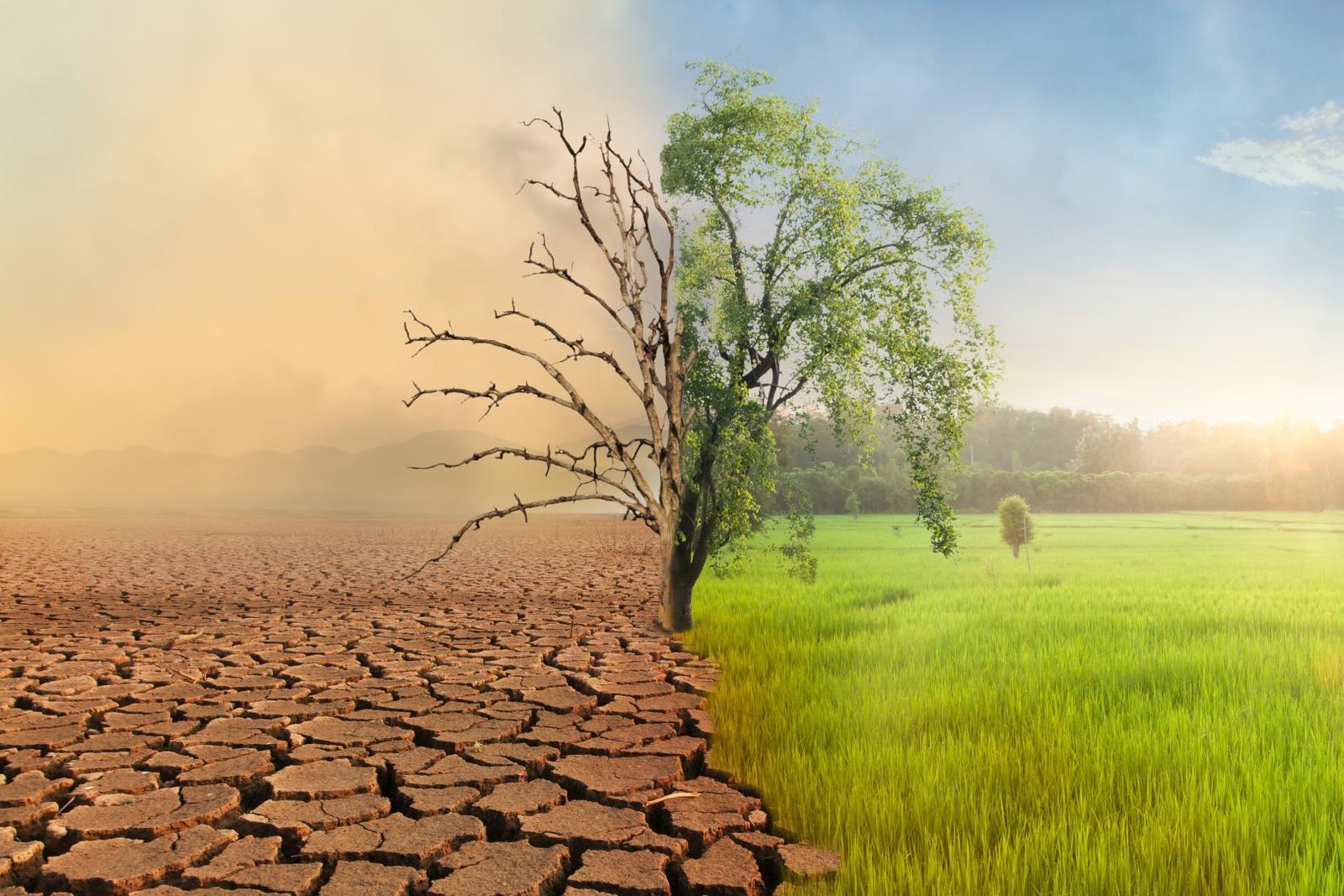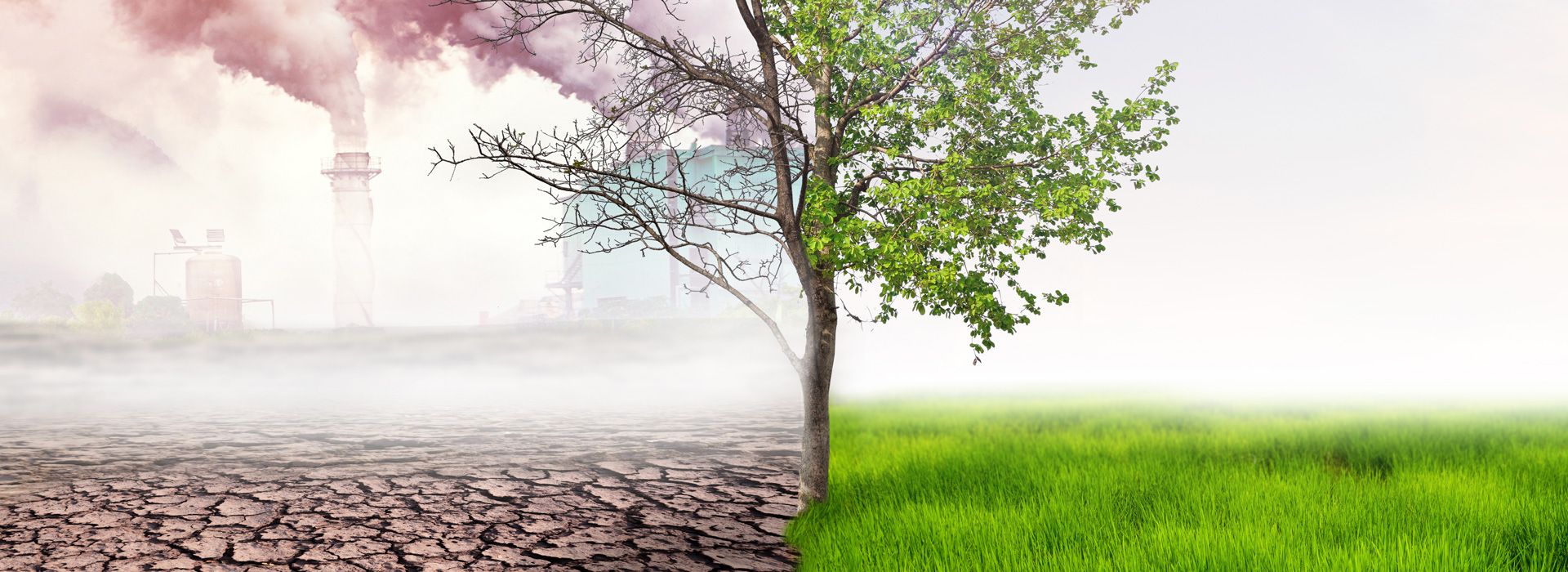Understanding the Alarming Signs of Climate Change: A Threat to Our Planet
Climate change, a pressing global issue, has become a major concern for the well-being of our planet. The Earth's climate system is undergoing significant changes, leading to devastating consequences. In this article, we will delve into the vital signs of climate change, its effects, and the importance of taking immediate action to mitigate its impacts.
What is Climate Change?
Climate change refers to the long-term warming of the planet, which is primarily caused by human activities such as burning fossil fuels, deforestation, and pollution. This warming is altering the Earth's climate system, leading to rising sea levels, more frequent natural disasters, and changes in weather patterns. The
NASA website provides detailed information on climate change, its causes, and effects.
Vital Signs of Climate Change
There are several key indicators that signify the alarming rate of climate change. Some of the vital signs include:
Rising Global Temperature: The average global temperature has risen by about 1.8 degrees Fahrenheit since the late 1800s.
Sea-Level Rise: The global sea level has risen by about 8 inches over the past century, and the rate of rise is accelerating.
Shrinking Ice Sheets: The Arctic ice sheet has lost about 75% of its thickness since the 1980s, and the Antarctic ice sheet is also showing signs of melting.
Glacier Retreat: Glaciers all over the world are retreating at an alarming rate, leading to changes in water supply and increased risk of sea-level rise.
Increased Extreme Weather Events: Climate change is leading to more frequent and severe heatwaves, droughts, and storms.
Effects of Climate Change
The effects of climate change are far-reaching and devastating. Some of the most significant impacts include:
Loss of Biodiversity: Climate change is leading to the extinction of many plant and animal species, which can have severe consequences for ecosystems and human societies.
Water Scarcity: Changes in precipitation patterns and increased evaporation due to warmer temperatures are leading to water scarcity in many parts of the world.
Food Insecurity: Climate change is affecting agricultural productivity, leading to food shortages and increased food prices.
Human Migration and Conflict: Climate change is leading to increased migration and conflict over resources, which can have severe social and economic consequences.
What Can We Do?
The good news is that there are many ways to mitigate the effects of climate change. Some of the most effective strategies include:
Reducing Greenhouse Gas Emissions: Transitioning to renewable energy sources, increasing energy efficiency, and electrifying transportation can significantly reduce greenhouse gas emissions.
Protecting and Restoring Natural Ecosystems: Preserving and restoring forests, wetlands, and other ecosystems can help sequester carbon dioxide and protect biodiversity.
Supporting Climate Change Research and Development: Investing in climate change research and development can help us better understand the issue and develop effective solutions.
In conclusion, climate change is a pressing global issue that requires immediate attention and action. By understanding the vital signs of climate change and taking steps to mitigate its effects, we can help protect the planet and ensure a sustainable future for generations to come.
Take action now to reduce your carbon footprint and support climate change mitigation efforts.
Keyword: climate change, global warming, sustainable future, renewable energy, biodiversity, water scarcity, food insecurity, human migration, conflict, greenhouse gas emissions, natural ecosystems, climate change research, climate change mitigation.









